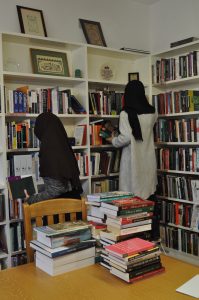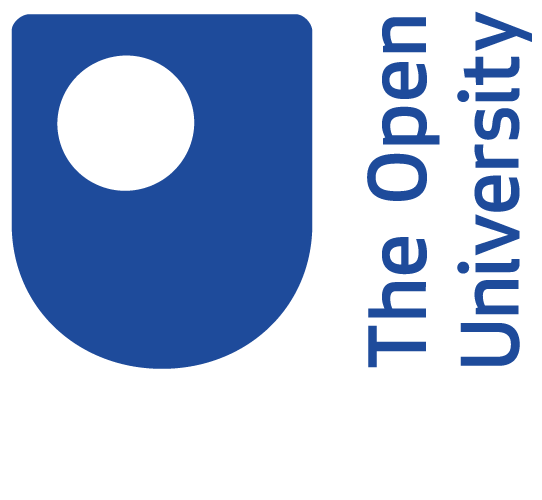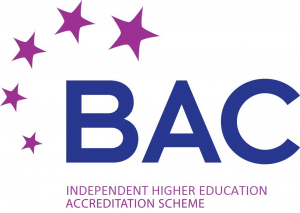 The Diploma in Contextual Islamic Studies & Leadership is a one-year course designed to help those who already possess a significant training in the Islamic Sciences to develop, articulate and implement their knowledge effectively in Britain today. It is also aimed at helping students with a background in traditional Islamic studies to go on to join the mainstream of British further education. The course draws on Islamic sources for inspiration and guidance in all these aims, as well as providing the relevant skills and knowledge necessary in modern British society. It is taught by leading scholars and practitioners, from the University of Cambridge, the British Muslim community and elsewhere.
The Diploma in Contextual Islamic Studies & Leadership is a one-year course designed to help those who already possess a significant training in the Islamic Sciences to develop, articulate and implement their knowledge effectively in Britain today. It is also aimed at helping students with a background in traditional Islamic studies to go on to join the mainstream of British further education. The course draws on Islamic sources for inspiration and guidance in all these aims, as well as providing the relevant skills and knowledge necessary in modern British society. It is taught by leading scholars and practitioners, from the University of Cambridge, the British Muslim community and elsewhere.
Aims
The Diploma course has three inter-related aims:
- To enable students to understand and engage with contemporary debates about the role of religion in general, and Islam in particular, in modern society;
- To encourage the students to be compassionate and reliable spiritual and pastoral advisors to Muslims and others;
- To equip students with practical skills to make them more effective leaders of Muslim institutions and to enhance their career prospects in all fields.
Entry Criteria
The requirements for entry on to the programme are:
- British citizenship, or permanent resident status (non–EU nationals cannot be accepted unless they already have relevant visa status)
- Completion of an alim or alima course at a recognised institution of Islamic scholarship, or equivalent education in the traditional Islamic Sciences
- Good GCSEs and A-levels (the College recognises that many students who would benefit from the Diploma course may not have mainstream academic qualifications)
- Good references
- Fluency in written and spoken English
- Evidence of leadership qualities
- Demonstrable good health
- Most applicants are over 20 years-old
Applicants are expected to be intellectually curious, hardworking, and committed to the aims of the College. Like those of the University of Cambridge, the standards of the College are high and the work is challenging. However, what students put in they get back by being part of a rigorous, innovative and dynamic programme.






